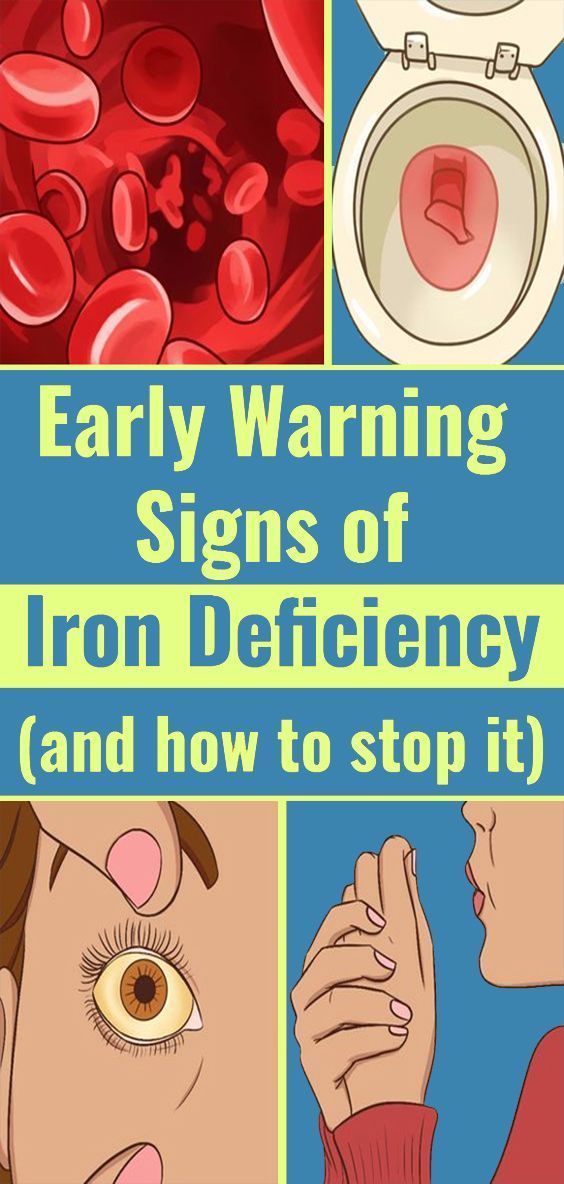Iron deficiency is a pervasive concern affecting approximately 90% of young women in India, as revealed by recent reports. Despite the efforts to promote healthy lifestyles, many women unknowingly experience low iron levels, attributing symptoms like fatigue and weakness to other causes. This article explores the critical issue of iron deficiency among young Indian women, its causes, and the urgent need for timely detection and intervention.
Iron deficiency, a common nutritional shortfall, occurs when the body lacks sufficient iron to support its functions. This essential mineral plays a crucial role in transporting oxygen throughout the body, maintaining healthy red blood cells, and supporting overall energy levels. The consequences of inadequate iron levels include fatigue, weakness, shortness of breath, and impaired cognitive function.
Dr. Rajesh Bendre, National Technical Head and Chief Pathologist at Apollo Diagnostics, emphasizes that despite efforts to promote healthy eating and supplementation, 90% of young women in India still struggle with insufficient iron levels. Factors such as menstrual blood loss, restrictive diets, and a heavy reliance on processed foods contribute to the rise in iron deficiency among women. The lack of education about iron-rich food sources exacerbates the problem, highlighting the need for increased awareness and accessible resources for proper nutrition education.
Pregnant women also face the risk of iron deficiency, leading to low hemoglobin, anemia, and associated symptoms. Dr. Bendre stresses the far-reaching consequences of iron deficiency during pregnancy, impacting both the mother’s immediate health and the long-term development of the child. Beyond supplementing with iron pills, experts advocate for regular prenatal check-ups to monitor iron levels and enable timely intervention if deficiencies arise.
Dr. Abhya Bhave, Haematologist at Lilavati Hospital, underscores that iron deficiency is a leading cause of anemia in the population, especially among students and those of marriageable age. Addressing this issue goes beyond conventional treatments, as some cases may have underlying causes like rare malignancies or malabsorption syndromes.
Gynecologist Dr. Kekin Gala from Apollo Spectra Mumbai points out that fatigue and general weakness are often the first signs of iron deficiency. Regular screening tests, including a complete blood count (CBC), serum ferritin, and transferrin saturation, are essential for diagnosis and monitoring. In addition to supplements, incorporating iron-rich foods like spinach and lentils into the daily diet is crucial for natural replenishment.
In a proactive step towards addressing iron deficiency, Emcure Pharmaceuticals, a prominent Indian pharmaceutical company, has launched the ‘Unmask Anemia’ initiative. This campaign, aimed at creating awareness about iron deficiency anemia in India, features actress and women’s rights advocate Twinkle Khanna. The initiative seeks to improve the detection and treatment of iron deficiency anemia among women across the country.
As per the latest National Family Health Survey, the prevalence of anemia in Indian women aged 15 to 49 is as high as 57%. The symptoms of anemia, such as fatigue and weakness, are often ignored, emphasizing the need for awareness and action. Emcure’s online self-test, designed based on common signs and symptoms, aims to simplify the process of assessing the risk of iron deficiency anemia.
Namita Thapar, Whole-time Director of Emcure Pharmaceuticals, highlights the persistent burden of anemia in India and the lack of awareness hindering timely diagnosis. The ‘Unmask Anemia’ initiative aligns with Emcure’s broader mission of raising awareness and improving the detection and treatment of iron deficiency anemia in women. Jaydeep Tank, President FOGSI, emphasizes the importance of screening, timely supplementation, and awareness, especially among adolescent girls and women of childbearing age.
In conclusion, iron deficiency poses a significant health risk for young Indian women, impacting both individual well-being and maternal-child health during pregnancy. The collaborative efforts of healthcare professionals, pharmaceutical companies like Emcure, and awareness campaigns are crucial in addressing this silent epidemic. Raising awareness, promoting regular screenings, and providing education on iron-rich diets are essential steps towards combating iron deficiency and its associated complications.
